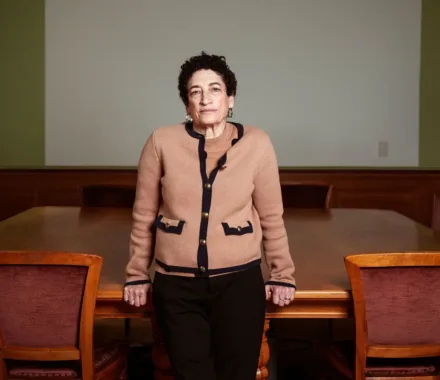Uniting science and the humanities to reimagine our future
FIR is an interdivisional intellectual hub dedicated to bringing a multiplicity of forms of investigation into the increasingly complex world we live in. We hold that the separation of the humanistic fields from science since the 1800s has led us to an increasingly untenable situation for both fields and for society at large. Through FIR’s innovative, non-departmental structure, we connect scholars from the humanities, social sciences, and natural sciences to shape the future of knowledge formation and its application in addressing contemporary challenges.
Learn moreOur Thinkers
Our thinkers include preeminent names in their fields from Stanford, Harvard, UChicago and many more U.S. universities and institutes, including Nobel Prize winners, Guggenheim laureates, and MacArthur “Genius grant” recipients.
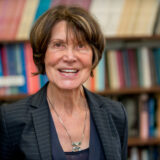
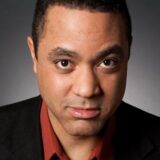

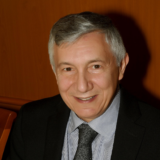
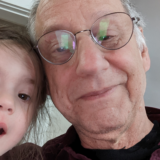
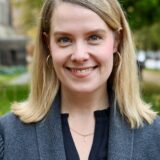
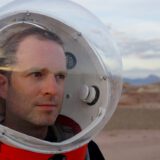
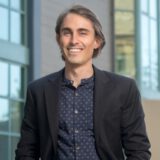
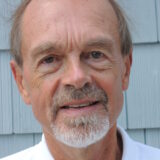
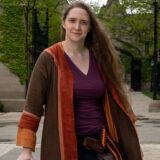
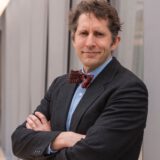
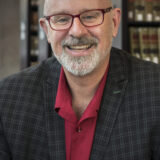


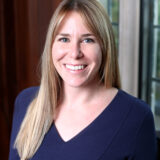


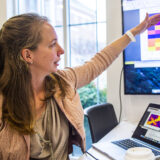
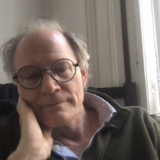
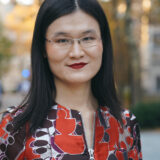

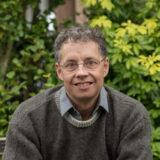
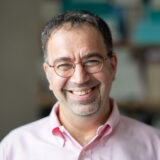
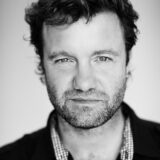
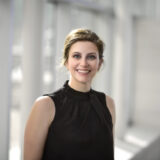

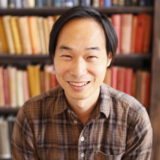







































































































































Case studies
at the frontiers of knowledge
Read our essays on the necessity and virtue of cross-disciplinary collaboration in these key fields:
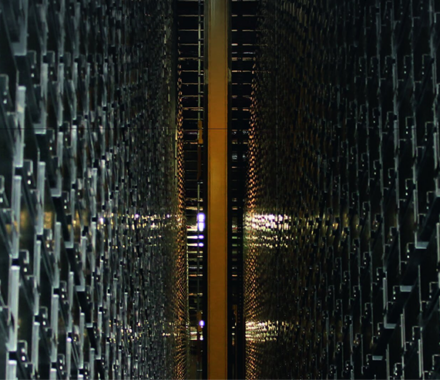
Digital History
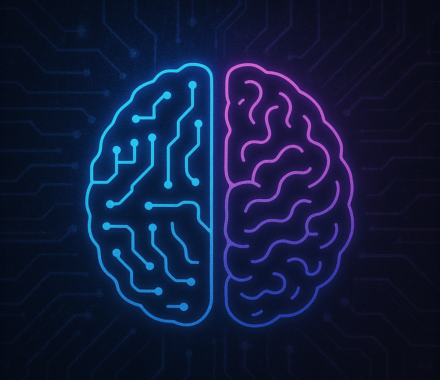
The Symbiosis of Science and Humanities
Papers

Bonfire of the humanities
by Jo Guldi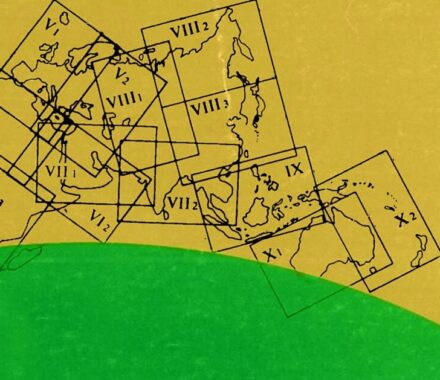
The Earth for Man
by Jo Guldi
Historians use data science to mine the past
by Jo GuildiIn the news

Harvard Derangement Syndrome

Oreskes on Trump
